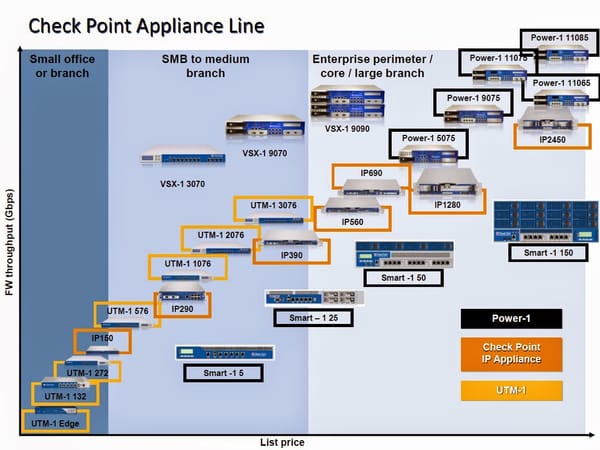Japan's Cabinet Approves Active Cyber Defense Legislation to Strengthen National Cybersecurity

On February 7, 2025, the Japanese Cabinet approved a draft legislation introducing "active cyber defense" measures to bolster the nation's cybersecurity framework. This legislative move is a response to the increasing frequency and sophistication of cyberattacks targeting Japan's critical infrastructure and governmental agencies.

Understanding Active Cyber Defense
Active cyber defense refers to proactive measures that go beyond traditional defensive postures. Instead of merely building barriers against cyber threats, this approach involves identifying, tracking, and neutralizing threats at their source before they can cause significant harm. Such measures may include infiltrating malicious servers, disabling them, and gathering intelligence to prevent future attacks.

Key Provisions of the Draft Legislation
- Authorization for Preemptive Actions: The legislation empowers designated government agencies, including the National Police Agency and the Self-Defense Forces, to take preemptive actions against identified cyber threats. This includes the authority to infiltrate and neutralize servers deemed to be sources of malicious activities.
- Mandatory Reporting by Critical Infrastructure Operators: Operators of essential services—such as energy, finance, and telecommunications—are required to report their IT equipment and promptly notify authorities upon detecting cyber incidents. Failure to report attacks or to comply with governmental correction orders can result in penalties, including fines of up to $13,000.
- Penalties for Unauthorized Information Disclosure: To safeguard sensitive information, the legislation imposes strict penalties on individuals who leak information obtained through cyber defense operations. Offenders could face up to four years in prison or fines up to $13,000.
- Establishment of an Independent Oversight Body: To ensure that active cyber defense measures do not infringe upon citizens' constitutional rights, particularly the confidentiality of communications, the legislation proposes the creation of an independent supervisory committee. This body will oversee the government's cyber defense operations, ensuring compliance with legal and ethical standards.
https://mainichi.jp/english/articles/20250207/p2g/00m/0na/027000c
Legal and Ethical Considerations
The introduction of active cyber defense measures has sparked a debate regarding their alignment with Japan's constitutional protections. Article 21 of the Japanese Constitution guarantees the secrecy of communications, raising concerns about potential infringements resulting from proactive cyber defense actions. To address these concerns, the proposed independent oversight body will monitor and regulate the government's cyber activities, ensuring that any actions taken are both legal and proportionate.
Additionally, the legislation includes provisions to protect individual privacy rights. For instance, while authorities may monitor communications to identify threats, the scope of such monitoring is confined to metadata—such as IP addresses and transmission times—explicitly excluding the content of communications. This approach aims to balance the need for security with the protection of personal privacy.
Public and Political Reception
The draft legislation has garnered significant public support. A survey conducted in July 2024 revealed that 65% of respondents endorsed the necessity of active cyber defense measures. This support reflects growing public concern over cyber threats and a desire for more robust protective measures.
Politically, the bill has received backing from major opposition parties, including the Constitutional Democratic Party and the Democratic Party for the People. This bipartisan support underscores a broad political consensus on the importance of strengthening Japan's cybersecurity framework.
Challenges and Future Implications
Despite the support, the implementation of active cyber defense measures presents several challenges. One significant concern is the potential for escalation. Preemptive actions against cyber threats could be perceived as aggressive, potentially leading to retaliatory attacks and escalating cyber conflicts.
Moreover, the effectiveness of active cyber defense relies heavily on accurate threat identification. Misidentifying a benign server as malicious could lead to unintended consequences, including the disruption of legitimate services and diplomatic tensions.
To mitigate these risks, the legislation emphasizes the importance of international cooperation. By collaborating with global partners, Japan aims to enhance its threat intelligence capabilities, ensuring that active cyber defense measures are based on accurate and comprehensive information.
Conclusion
The Japanese government's approval of draft legislation on active cyber defense marks a significant shift in the nation's approach to cybersecurity. By adopting proactive measures, Japan aims to stay ahead of evolving cyber threats, protecting its critical infrastructure and national security. However, the implementation of these measures must be carefully managed to balance security needs with the protection of individual rights and to prevent potential escalations in cyber conflicts.
As the legislation moves through the National Diet, it will be crucial to monitor the ongoing debates and adjustments to ensure that Japan's cybersecurity framework remains robust, ethical, and effective in the face of emerging challenges.







